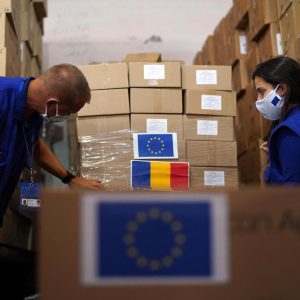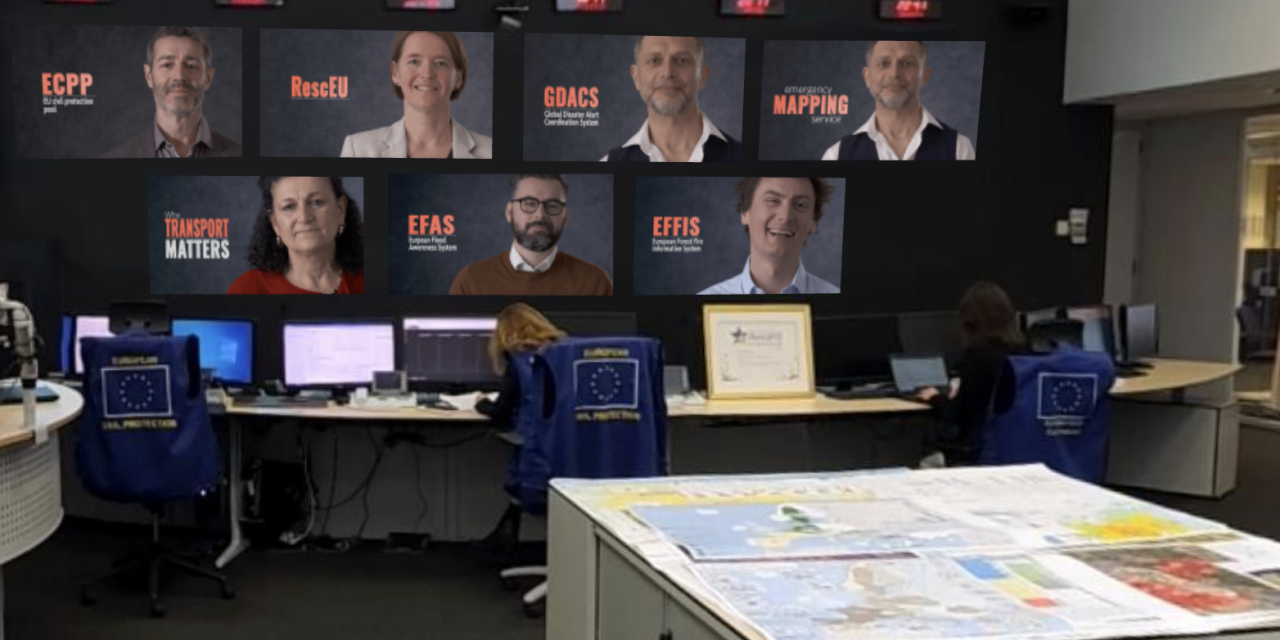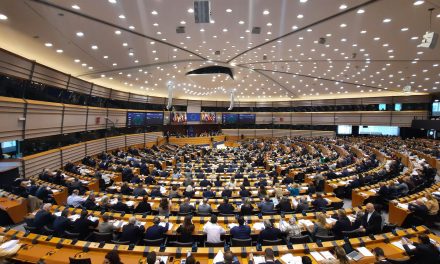Women are proportionally more affected by natural disasters than men. As it is written in an article by the UN Woman Association, females and children are 14 times more likely to die from natural catastrophes due to climate change. This is particularly the case in the Global South.
The cause: the lower social status and role of women in the Global South. „In these countries, you can see it often that when there is a catastrophe, people are displayed and there is more violence and harassment“, says TEDx speaker Audrey-Flore Ngomsik. She identifies the problem partially in unpaid work by women: „When you have wildfires or flooding because of the climate change, woman, who are already socially discriminated and doing unpaid work, will be discriminated even more.“
So how exactly are social status and the consequences of environmental disasters connected? It can be seen as a chain of issues. A recent study has shown, in Bangladesh, India and Pakistan, the significantly higher number of female victims of flood catastrophes can be attributed to the limited mobility of women. On the one hand, working for the family and looking after the children means they are tied to a particular location, on the other hand they have fewer opportunities to access vehicles, are less able to swim and have less information about the current threats. Overall, it is therefore unequal rights and power structures for women that make rescue in disasters less likely, as a study states.
Thinking of this issue being a societal one, assuming the problem is only one of the Global South would not do it justice. That is why on a global scale, Europe plays a huge role in providing strategies of humanitarian aid in its institutions. The European Emergency Response Center (ERCC), located in Brussels at the European Commission, is the core of the EU Civil Protection Mechanism, with providing assistance for disaster-stricken countries and fostering collaboration. Esther El Haddad, Deputy Team Leader of the ERCC states that „in general, woman are in a more vulnerable position, and any kind of change of environment or scenario makes them even more vulnerable.“ In the following audio, El Haddad gives an example on how gender awareness is amplified in the ERCC operation field.

Esther El Haddad at the ERCC © DG ECHO
A problem that is linked to global power structures must find an inclusive solution – especially for marginalized population groups, that is what Ngomsik claims: „When you have a solution for the most vulnerable and invisibilised, you have a solution for everybody.“ As a sustainability expert and CEO of „Trianon Scientific Communication“ in Brussels, Ngomsik suggests to hold large companies accountable. The often privileged men in management positions, as she calls them, therefore do not opt for solutions that take everyone into account.




